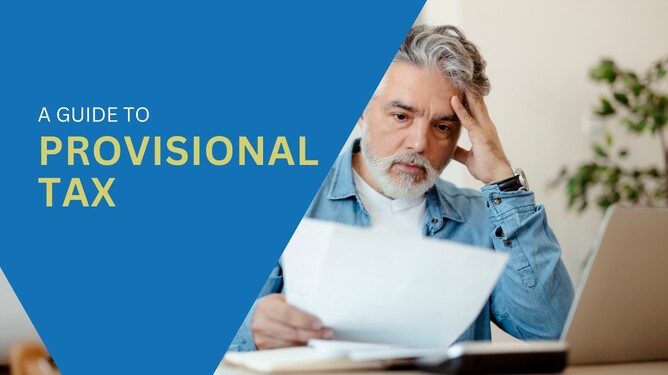Understanding and navigating provisional tax is crucial to ensure you stay compliant with tax payments for your business. Provisional tax can be a point of confusion for many business owners, so here’s a comprehensive guide to help demystify the process.
What is Provisional Tax?
Provisional tax is a method of paying income tax throughout the year, rather than in one lump sum at the end of the financial year. This system helps taxpayers manage their cash flow by spreading their tax payments out. It’s primarily designed for businesses and individuals who earn income where tax is not automatically deducted, such as self-employed individuals, contractors, rental properties or companies.
Who Needs to Pay Provisional Tax?
In New Zealand, you are required to pay provisional tax if you had residual income tax (RIT) of more than $5,000 in the previous financial year. RIT is the amount of tax payable after deducting any PAYE and other tax credits but before accounting for any provisional tax payments made.
Even if pay provisional tax throughout the year, you still need to file a tax return at the end of the tax year. If you have paid too much or too little provisional tax throughout the year, you will either receive a tax refund or be asked to pay more.
Methods of Calculating Provisional Tax
Standard Method: This method is the most straightforward for taxpayers with stable or predictable income. This method bases the current year's provisional tax on the previous year’s RIT plus an uplift percentage (5% for that tax year).
Estimate Method: This allows taxpayers to estimate their current year’s income and pay tax based on that estimate. IRD recommends using this method if your income is likely to decrease. While this method can be beneficial if you expect a significant change in income, it requires careful calculation and monitoring to avoid underpayment penalties.
GST Ratio Method: Available for GST-registered businesses, this method calculates provisional tax based on a percentage of the business's GST-taxable supplies. It’s useful for businesses with fluctuating income (for example, seasonal swim schools or tourism businesses).
Accounting Income Method (AIM): The AIM method is for companies or individuals who earn under $5 million because you only pay provisional tax when you make a profit. You need accounting software to use this method, however, if you don’t make a profit you don’t pay provisional tax. Payment dates align with GST due dates, and overpayments are easily refunded under this method.
Provisional Tax Dates
August 28
January 15
May 7
However, the exact dates can vary depending on your balance date and chosen method of calculation. If you’re GST registered and file a six-monthly GST return, you will only pay provisional tax on October 28 and May 7.
Managing Cash Flow
One of the biggest challenges with provisional tax is managing cash flow. As a tax agent, I recommend to:
Monitor your income: Regularly review your financial performance to ensure you’re on track with your provisional tax payments. As a tax agent, I can help you gain a deeper understanding of your financial situation and identify areas for improvement to develop strategies to maximise your profits and minimise your tax burden.
Stay informed: Stay informed about any upcoming payments or potential adjustments based on income changes. I can help you set up a system for monthly reporting that gives you a clear picture of your financial health, allowing you to see your profits, manage expenses, and make informed decisions throughout the year.
Consider tax pooling: This service allows taxpayers to pool their provisional tax payments and make adjustments if their actual income differs from the forecast. It helps avoid penalties and makes the tax payment process more flexible. Get in touch if you’ve got questions about tax pooling.
Penalties and Interest
If you underpay provisional tax, you may incur use-of-money interest (UOMI) and penalties. Therefore, accurate forecasting and timely payments are crucial. Overpayment, while generally not penalised, ties up cash that could be better utilised in your business.
As your tax agent, it's my role to guide you through the process of paying taxes to ensure you meet your legislative obligations without compromising on cash flow. If you have any questions about tax, GST, PAYE, or IRD compliance, then get in touch.


